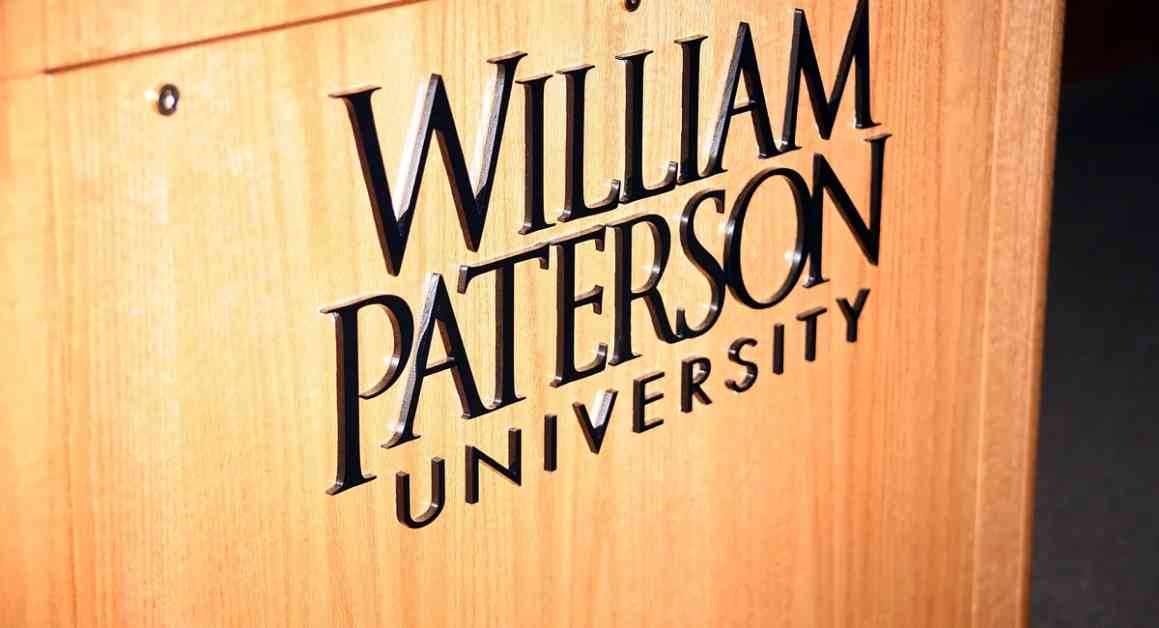Summary: Paleontologist Martin Becker is suing William Paterson University in Wayne, New Jersey, for allegedly disposing of his collection of 380 million-year-old fossils in a landfill. Becker claims that the university’s negligence led to the loss of his life’s work, which included Devonian Age marine invertebrates gathered over 18 years. The lawsuit accuses the school and a mailroom supervisor, Raymond Boone, of mishandling the shipment, resulting in the fossils being dumped in a landfill in Nashville, Tennessee.
A Seasoned Journalist’s Take:
In a shocking turn of events that has sent ripples through the paleontology community, renowned paleontologist Martin Becker has filed a lawsuit against William Paterson University in Wayne, New Jersey, alleging that the institution callously disposed of his irreplaceable collection of 380 million-year-old fossils in a landfill. This devastating loss has not only shattered Becker’s life’s work but has also raised serious questions about the university’s commitment to preserving scientific treasures.
The Fossil Collection: A Legacy Lost
Martin Becker, a respected figure in the field of paleontology, dedicated nearly two decades to meticulously curating a one-of-a-kind assemblage of Devonian Age marine invertebrates. This collection, described as the most unique and comprehensive ever documented in Northern New Jersey, was not just a professional achievement for Becker but a deeply personal reflection of his passion for understanding ancient life forms.
The fossils, transported to Wayne through glacier boulders over millions of years during the last ice age, held a wealth of scientific insights waiting to be unearthed. Becker’s discoveries, often featured in media outlets, showcased his unwavering dedication to exploring the mysteries of our planet’s past.
The Mishap: A Chain of Negligence Unraveled
Last June, Becker made the fateful decision to send 200 fossils, comprising 80% of his cherished collection, to a colleague in Florida. Entrusting the precious cargo to the university’s mailroom supervisor, Raymond Boone, Becker expected a seamless shipping process. However, what followed was a series of oversights and miscommunications that culminated in a heartbreaking revelation.
Despite assurances from Boone, Becker’s packages never reached their intended destination. Weeks of fruitless inquiries and vague responses finally led Becker to uncover the shocking truth – his fossils had been discarded in a landfill in Nashville, Tennessee, after UPS intercepted the shipment due to the university’s failure to settle shipping invoices.
The Fallout: Seeking Justice Amidst Devastation
In the aftermath of this catastrophic loss, Becker finds himself grappling not only with the destruction of his life’s work but also with the emotional toll it has taken. The lawsuit, seeking compensatory and punitive damages, highlights the profound impact of the negligence displayed by William Paterson University and Boone in safeguarding Becker’s invaluable collection.
As the paleontology community rallies behind Becker in his quest for justice, the broader implications of this incident loom large. The need for institutions to uphold their duty of care towards valuable scientific artifacts and the individuals dedicated to their preservation has never been more apparent.
Amidst the legal battle and the looming questions surrounding accountability, one thing remains clear – the legacy of Martin Becker’s fossil collection, now lost to a landfill, serves as a poignant reminder of the fragility of our shared scientific heritage. The echoes of ancient marine life silenced by negligence resonate far beyond the confines of a courtroom, urging us to reflect on the responsibility we bear in safeguarding the treasures of our natural history.
With the future of paleontology hanging in the balance, the outcome of Becker’s lawsuit against William Paterson University stands as a pivotal moment in the ongoing dialogue about the preservation of our past for generations to come. As the legal proceedings unfold, one can’t help but wonder – what other priceless remnants of our planet’s history lie vulnerable to the whims of fate and human error? The answers, shrouded in uncertainty, beckon us to confront the pressing need for accountability and integrity in the stewardship of our scientific legacies.












